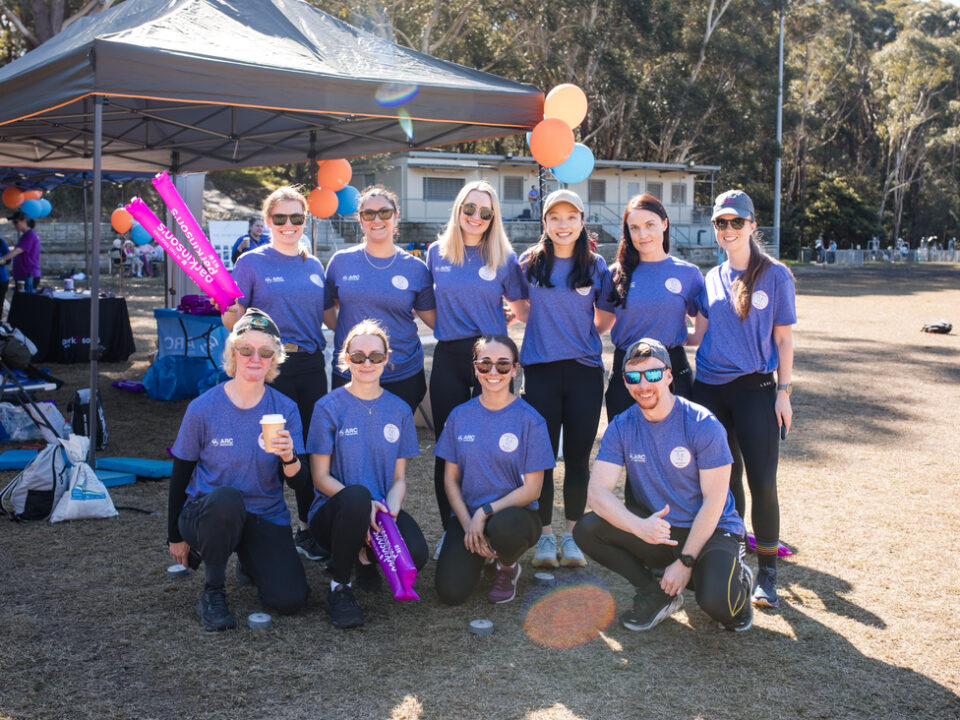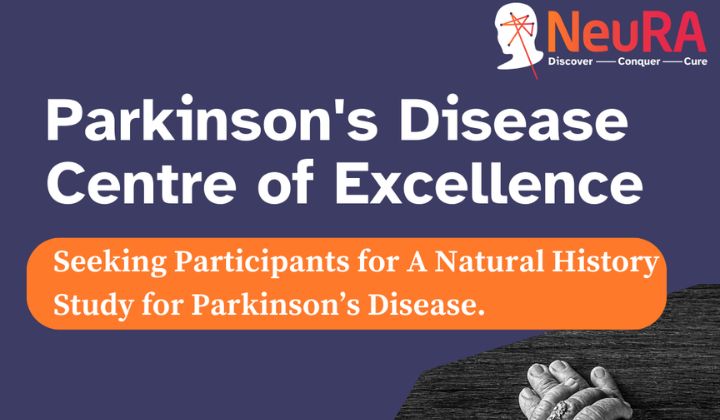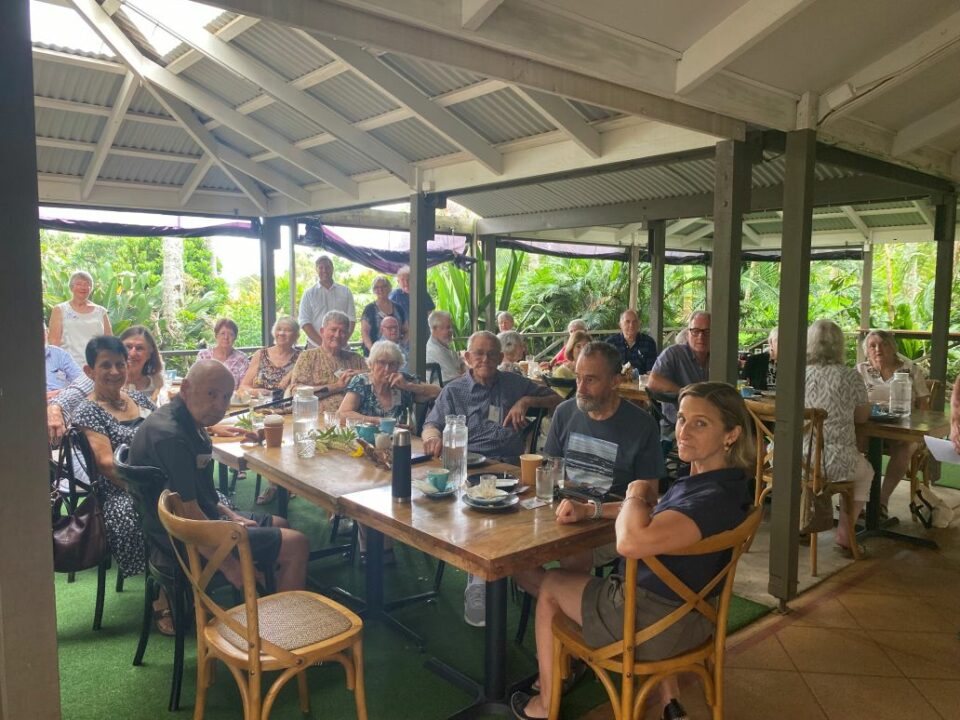For Geoff Bourne, his farm is not just his home. Those who know him say it’s his reason for being.
Geoff grew up on an 1800-acre property at Ben Lomond, between Armidale and Glen Innes and has been farming the land ever since. It’s a family concern for Geoff, who works the property with his wife Myreen, his son Nigel and Nigel’s family.
“My father was an accountant in Sydney. My mother came from a farm near Guyra and she hated the city. They bought the farm in 1952 when I was four, so while I’m not quite a local I’ve been here a long time, and my granddaughters are the fourth generation to work on the farm.”
“I enjoy the peace and quiet here. You can open the blind in the morning and look out and see green fields and nothing else… if there’s not a drought.”
At age 65, Geoff was just starting to think about his farm succession planning.
“Nigel moved back 16 years ago but I was still managing the farm on my own, basically. I was very healthy and fit, and I was pleased with myself. At 65 I had nothing wrong. I thought if I can just find out why my hand keeps shaking, I’ll be fine.
“My diagnosis with Parkinson’s came as a bit of a kick in the guts to put it bluntly. It took a while to get used to it, for both myself and my wife, but after a while you learn that that’s what life dealt to you, so you make the most of it.”
Geoff has a slow-progressing form of Parkinson’s that has affected his movement. He also experiences anxiety and depression at times. Fortunately, he is still able to drive, which makes getting to medical appointments that much easier.
“I regularly see my GP Russell King in Armidale, which is about 50 minutes away and my neurologist is Dr James Hughes in Tamworth, which is a four-hour roundtrip.
“When I first was concerned about my condition, I went to Brisbane and consulted a neurologist up there and he diagnosed me with Parkinson’s. However, I decided there was no point in going to Brisbane all the time, so we found a neurologist in Tamworth and I generally see him every six months.
“It’s okay at the minute. I’m still driving. My wife’s not very keen on driving distances, so I don’t know what’ll happen when I’m not driving. My son would probably take me, but I don’t wish to impose on him all the time.”
Being able to keep in contact with his GP and neurologist is just one of the challenges Geoff faces as someone living with Parkinson’s in a regional area.
“I need to be able to talk to people about problems. I imagine talking to a Parkinson’s Specialist Nurse occasionally would help me, but I have no experience of them, as there’s not one here.
“It would be an advantage to the patients of Glen Innes to have a Parkinson’s nurse to help us in our travels through the disease – particularly on a practical level for day-to-day living and for any problems that you might run into.”
Geoff said he and Myreen have both benefitted from taking part in the Glen Innes Parkinson’s Support Group. Geoff has also been Secretary of the Group for the past five years.
“It’s a place to go and talk about things. To share problems and hopefully share solutions. My wife always comes with me and talks with other patients and carers.
“At the Support Group, medication is a big topic. People have tried different ones and encountered problems and discuss how they solved them. We also support people financially if they need to see a physiotherapist or travel away. It’s mainly just being able to talk to people with the same problem and trying to help each other.
“You have to talk to other people with the disease, otherwise you feel on your own and isolated with the problems of the whole thing. If you can just talk to people and compare notes and treatments, I think it helps.”
While his Parkinson’s – or ‘Parky’ as he and Myreen have come to call it – may mean one day he has to leave the farm he loves, Geoff plans to stay put for as long as he can.
“I just take it day-to-day. There’s no good making long-term plans but staying on the farm is what I hope to do.
“I still own part of the farm and work on it. My son is the manager now, which means I don’t have the stress of that job. I basically do what I want and not what I don’t. I think my son forgets that I’ve got Parkinson’s every now and again, but that’s not a bad thing.
“I find working on the farm gives me motivation. It keeps me moving and is a reason to get up in the morning and do things. When I get depressed, I go and do something and it cheers me up, so I’ll certainly stay here while ever I can.”






